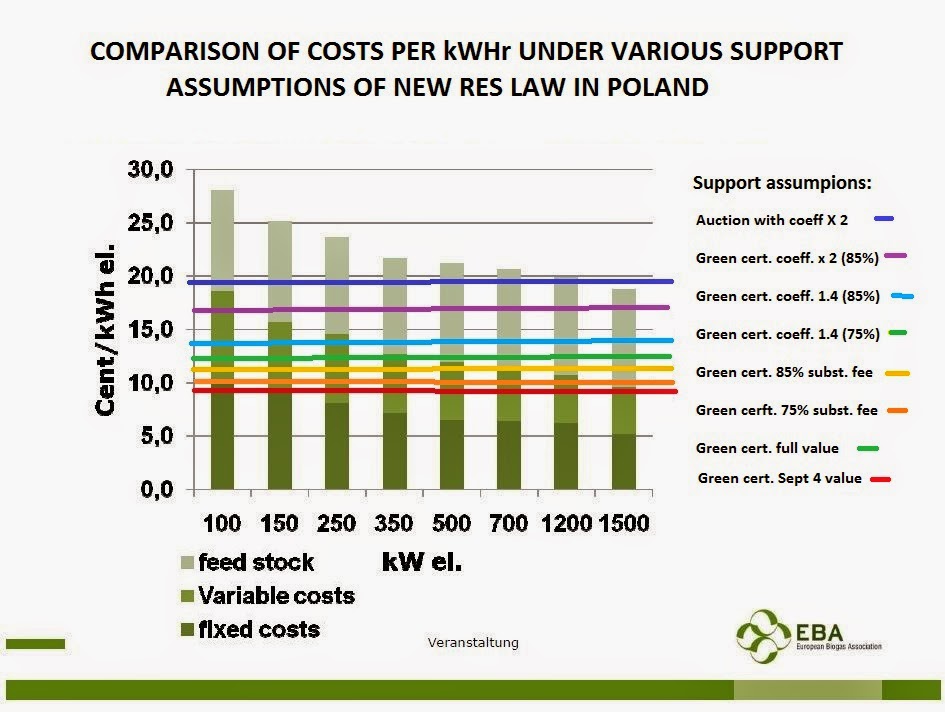Shale Gas in Poland: Different Conditions Seem to Foretell Failure

With the number of concessions falling, more companies dropping out, and the general negative reaction to the new Polish rules, shale gas here seems to be an illusive dream . The depth to the Polish reserves is greater than almost anywhere is the United States. You cannot own the mineral rights in Poland and must make expensive accommodations with the government. The number of exploratory wells is a very, very tiny fraction of what was done in the United States before commercial development was feasible. The major international firms have left the market. Reliance on shale gas in the Polish national energy plans (and dreams) seemed naive from the get go to experts. This wishful thinking continues right up to the plans for the 2050 energy blueprint. Something that reminds us that these national planning documents are frequently about as probative as Stalin's Five Year Plans. They do seem to come from the same socialist tradition! With Polish coal-fired power units strugglin...





